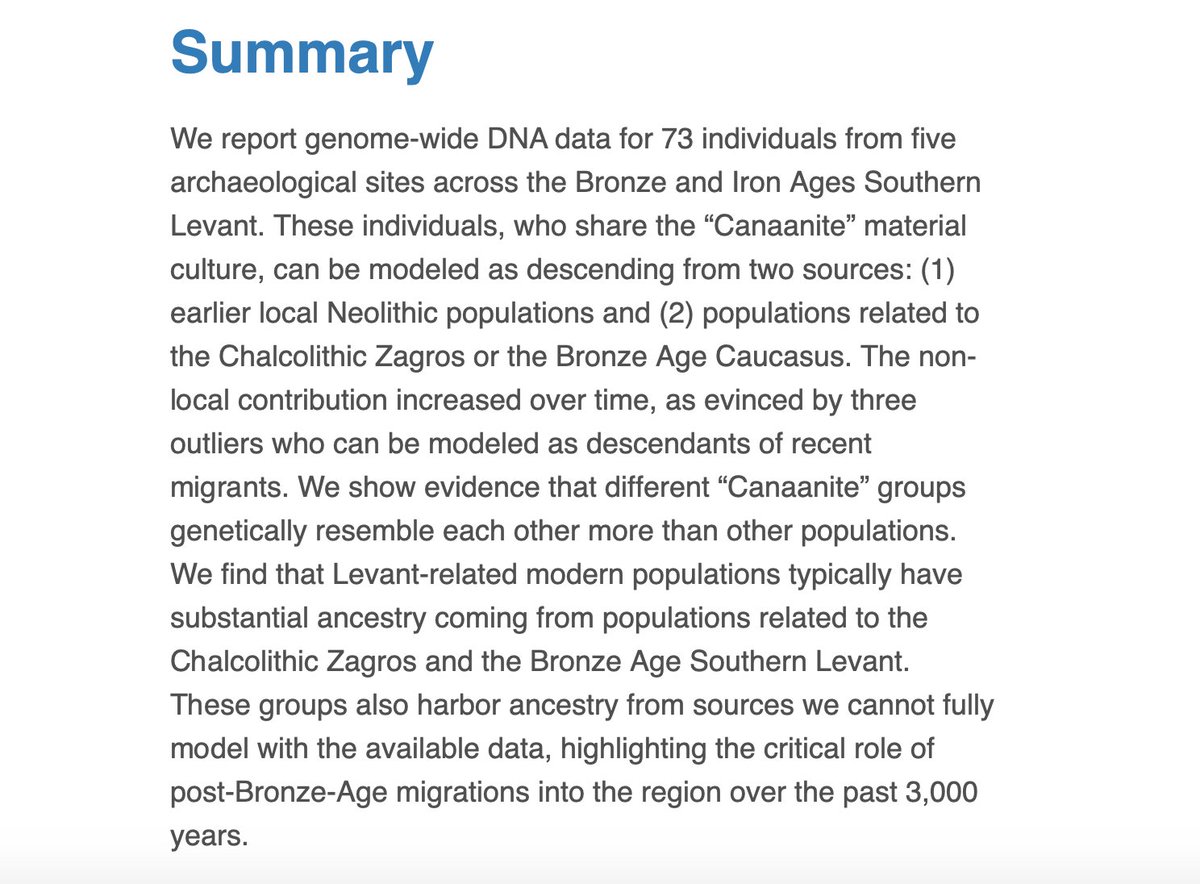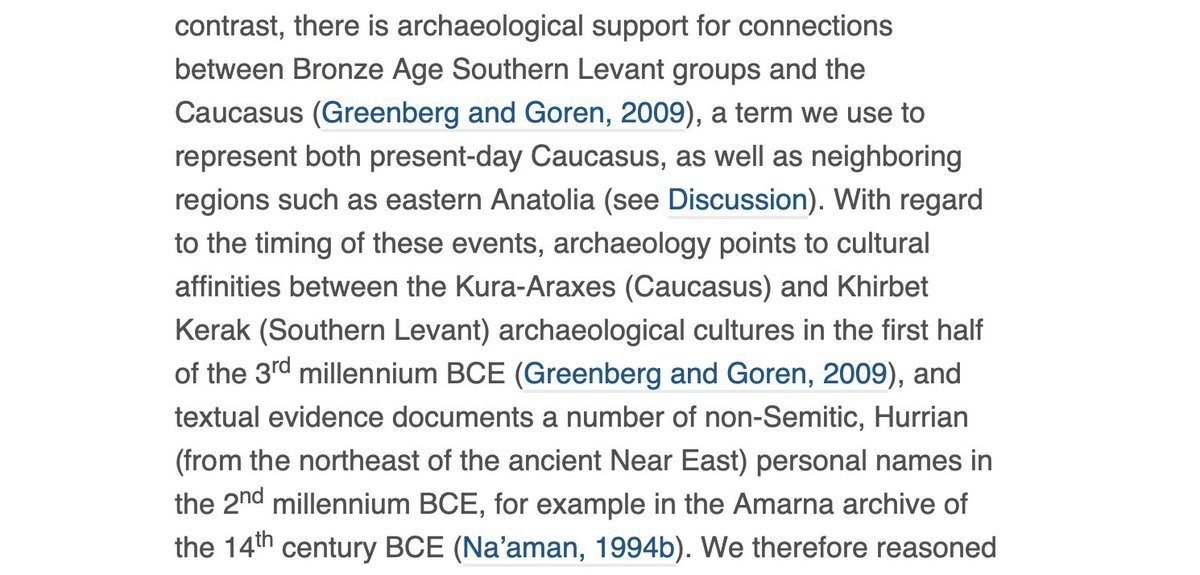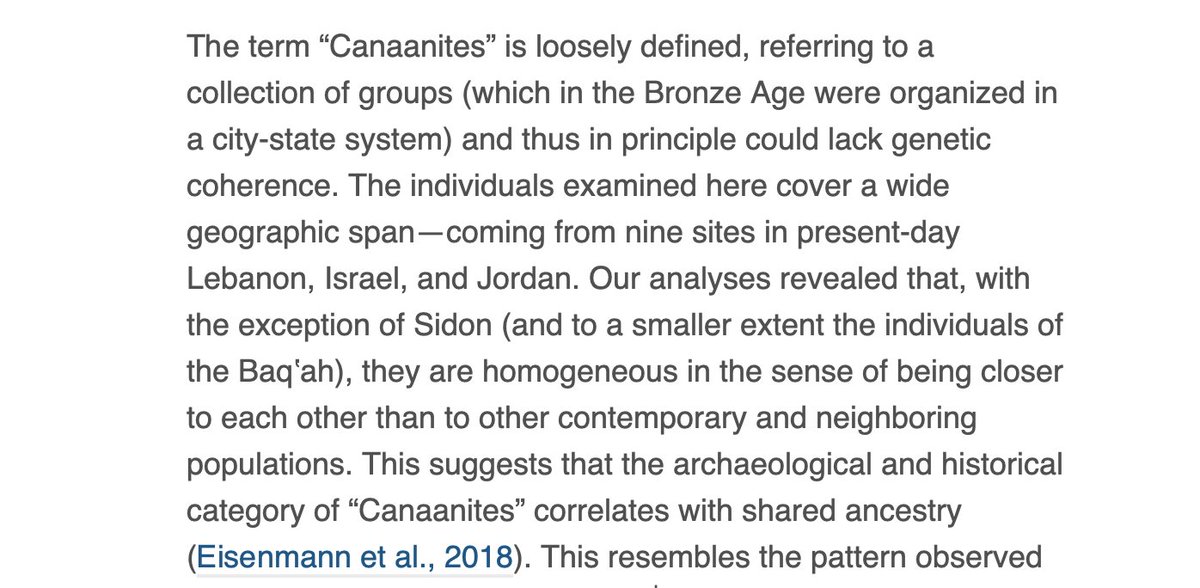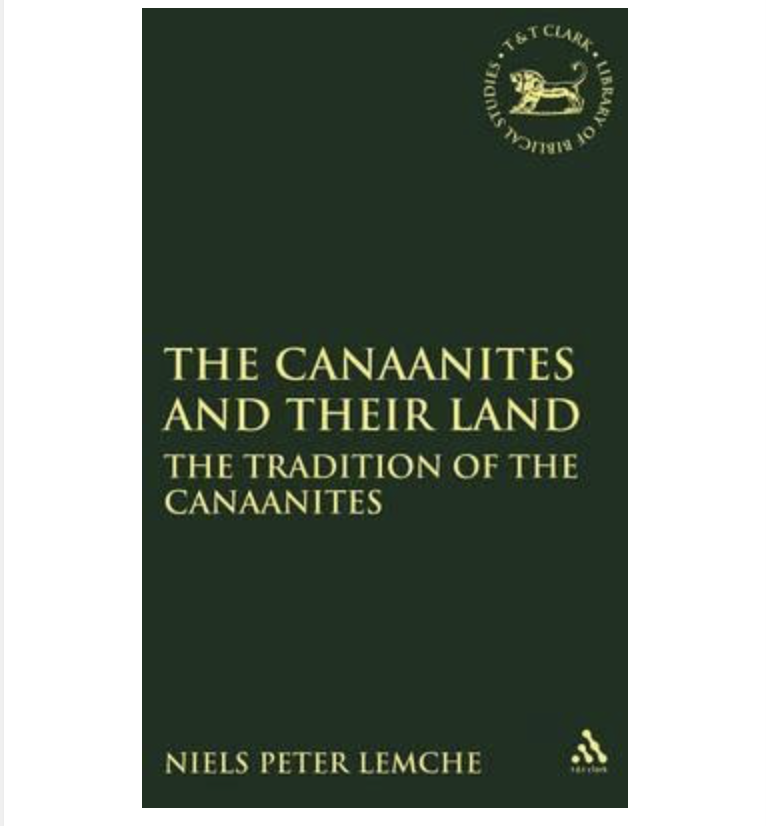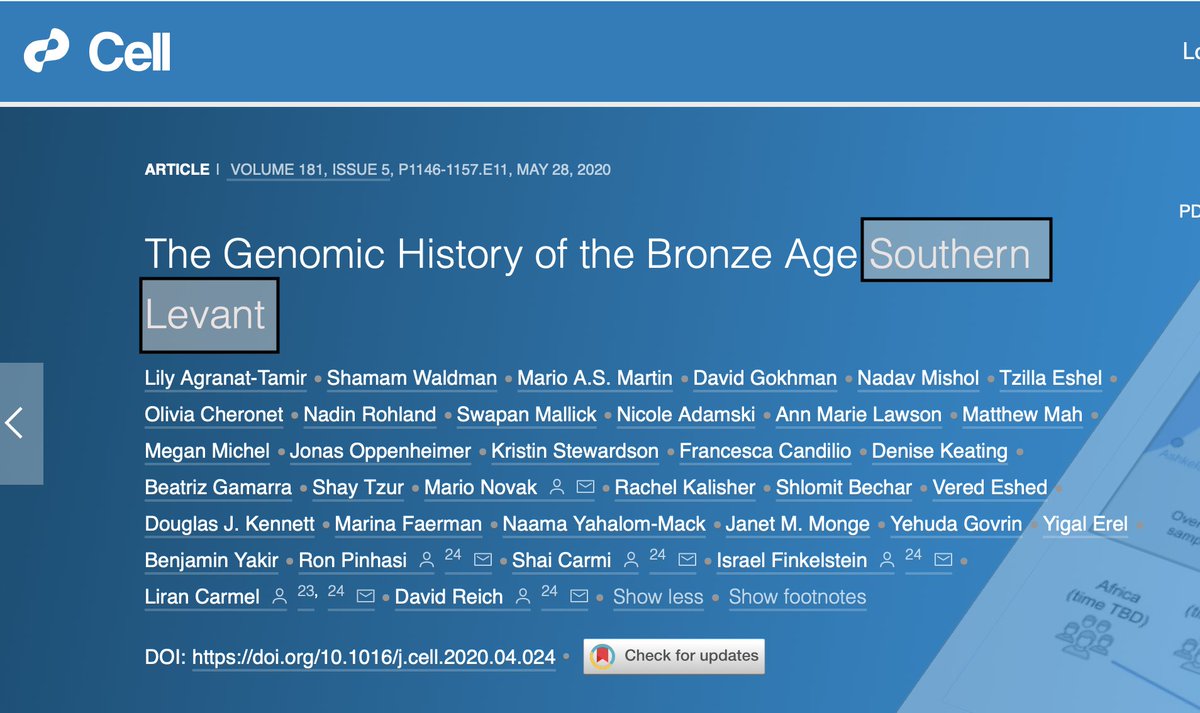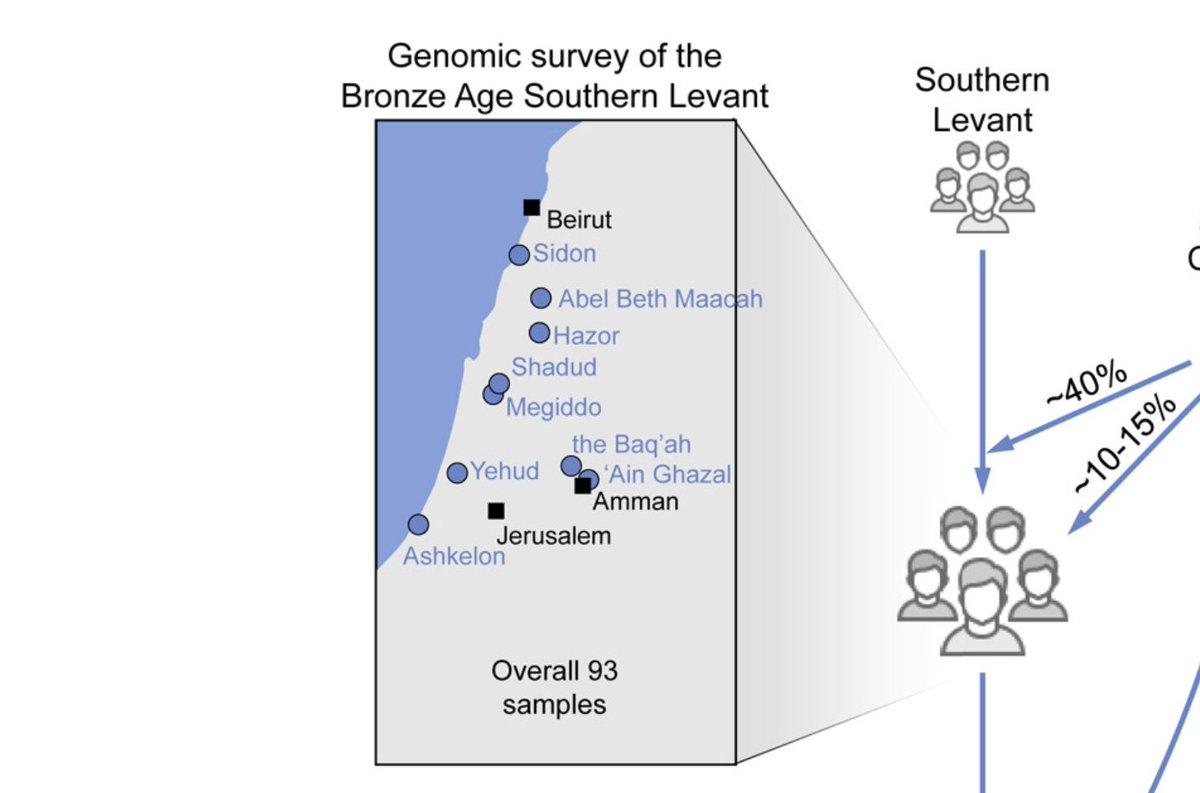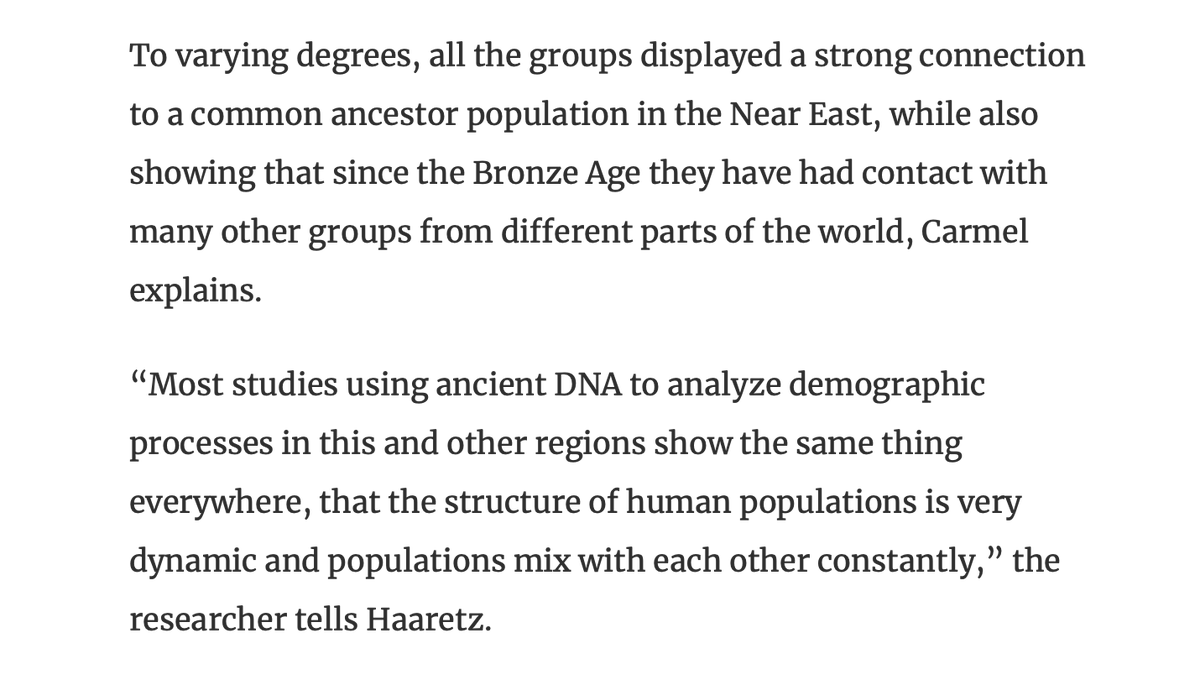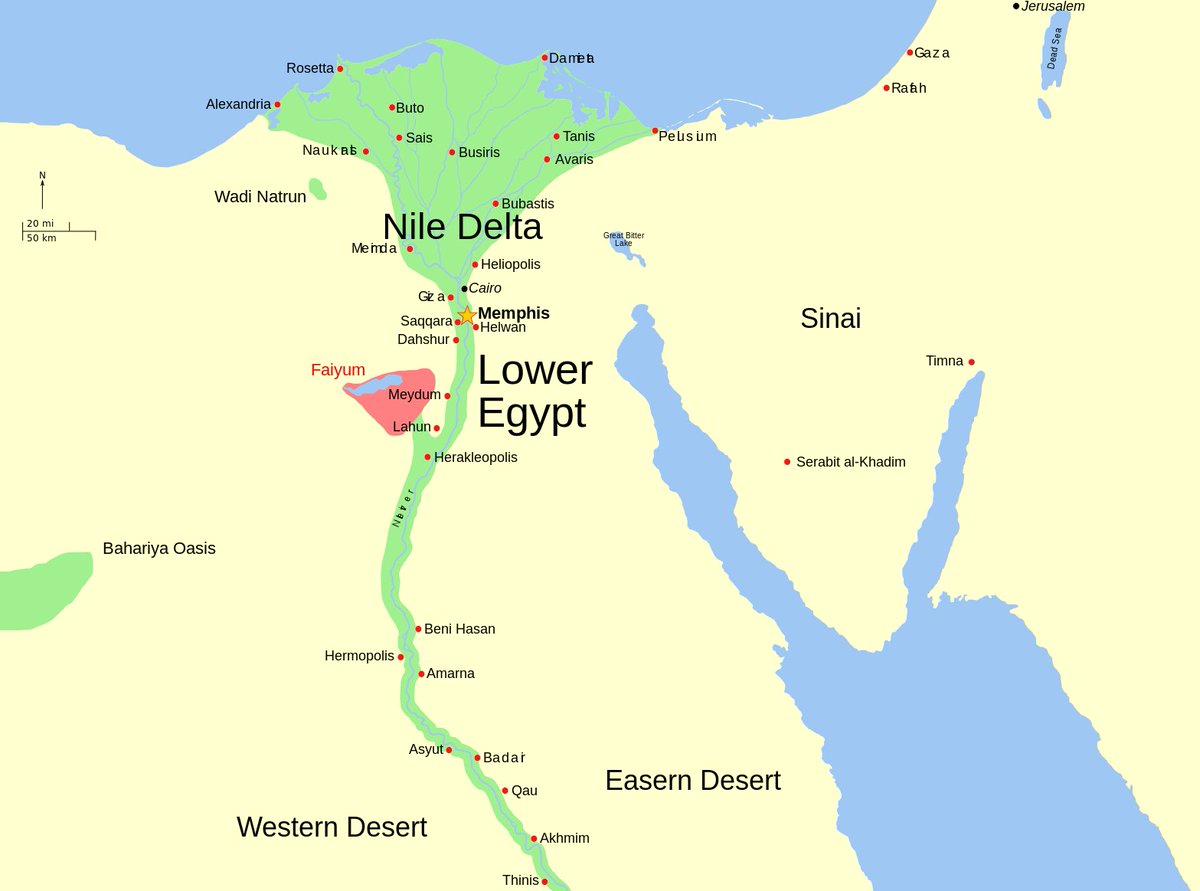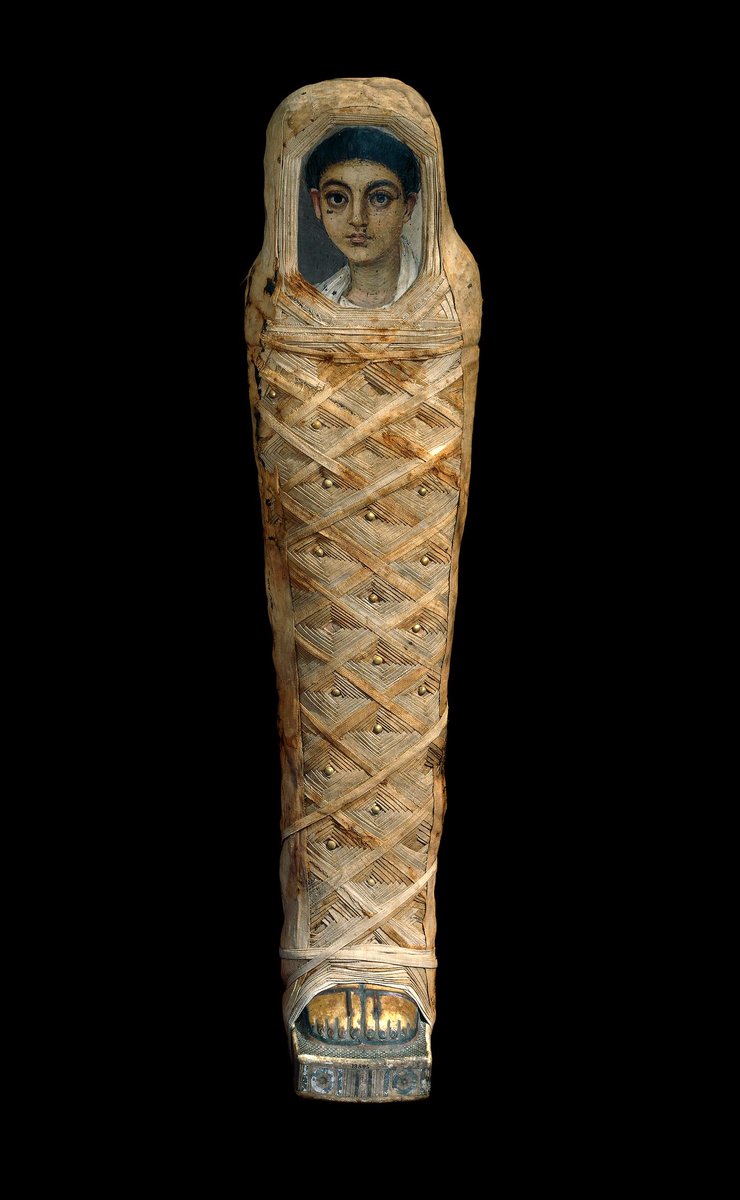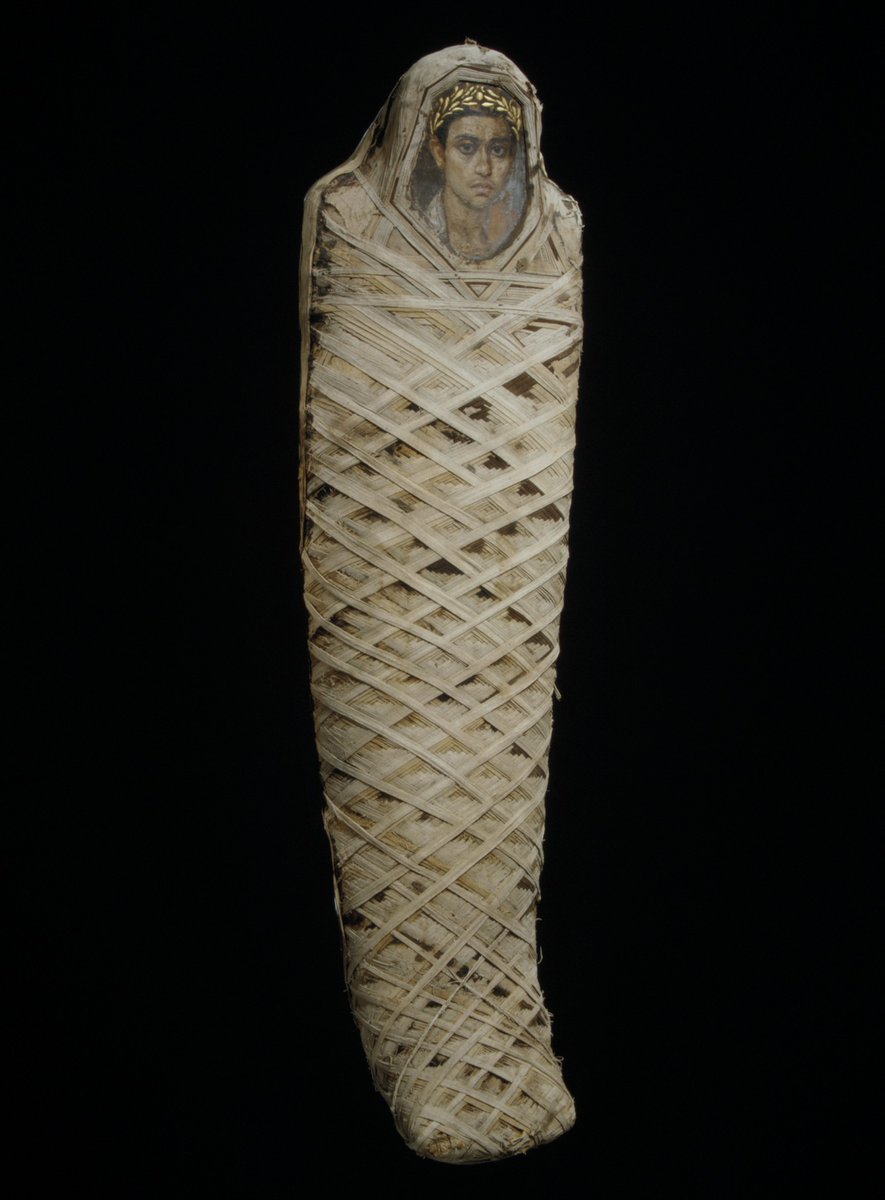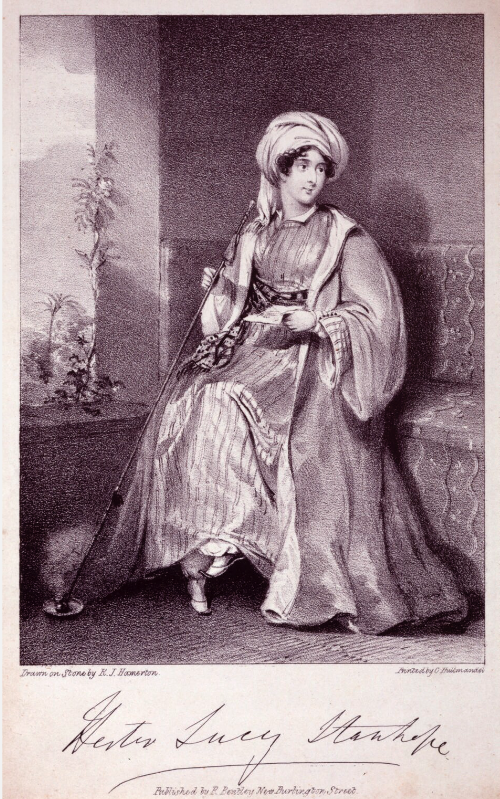Some initial observations . . .
timesofisrael.com/study-shows-ca…
cell.com/cell/fulltext/…
The idea of continuity between Bronze Age and modern populations in the Levant is not new, as was concluded for instance by this 2017 study of Lebanese DNA.
(And it's suggested by all sort of archaeological & related data)
haaretz.com/science-and-he…
For most of the 20th century in archaeology, especially Near Eastern archaeology, a cultural-historical model dominated, one that equated political and cultural and ethnic and linguistic groups.
These have tended to support traditional culture-historical understandings of discrete, homogeneous groups.
a study that supposedly shows homogeneous genetic (and cultural and ethnic) Canaanites is illustrated by . . . Egyptian clay sarcophagi found in the southern Levant.
haaretz.com/archaeology/.p…
news.harvard.edu/gazette/story/…


